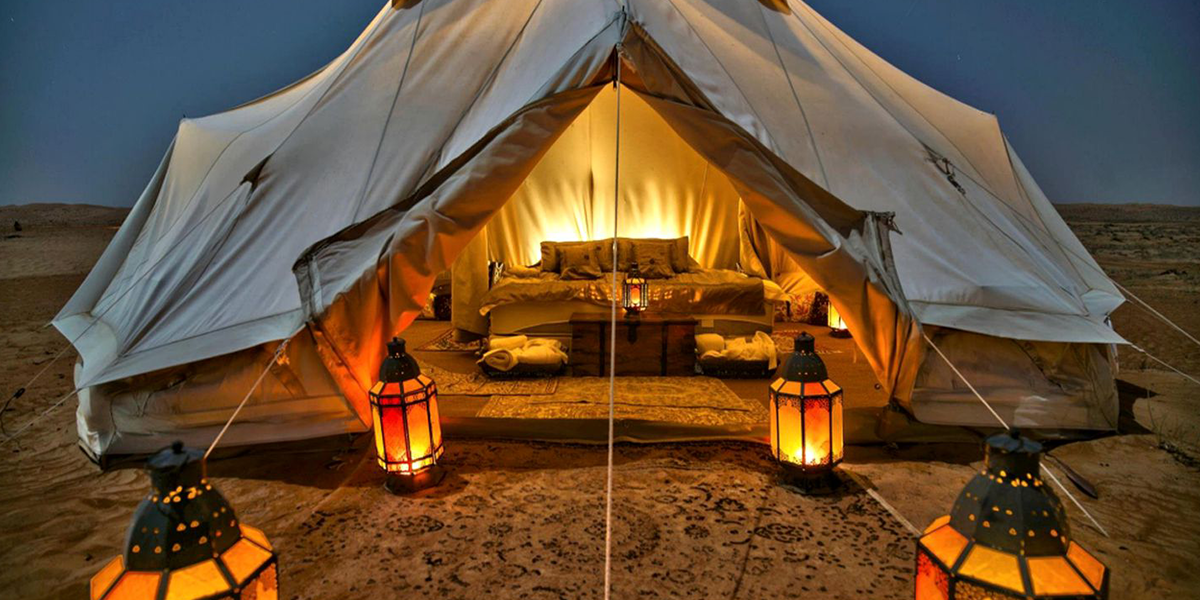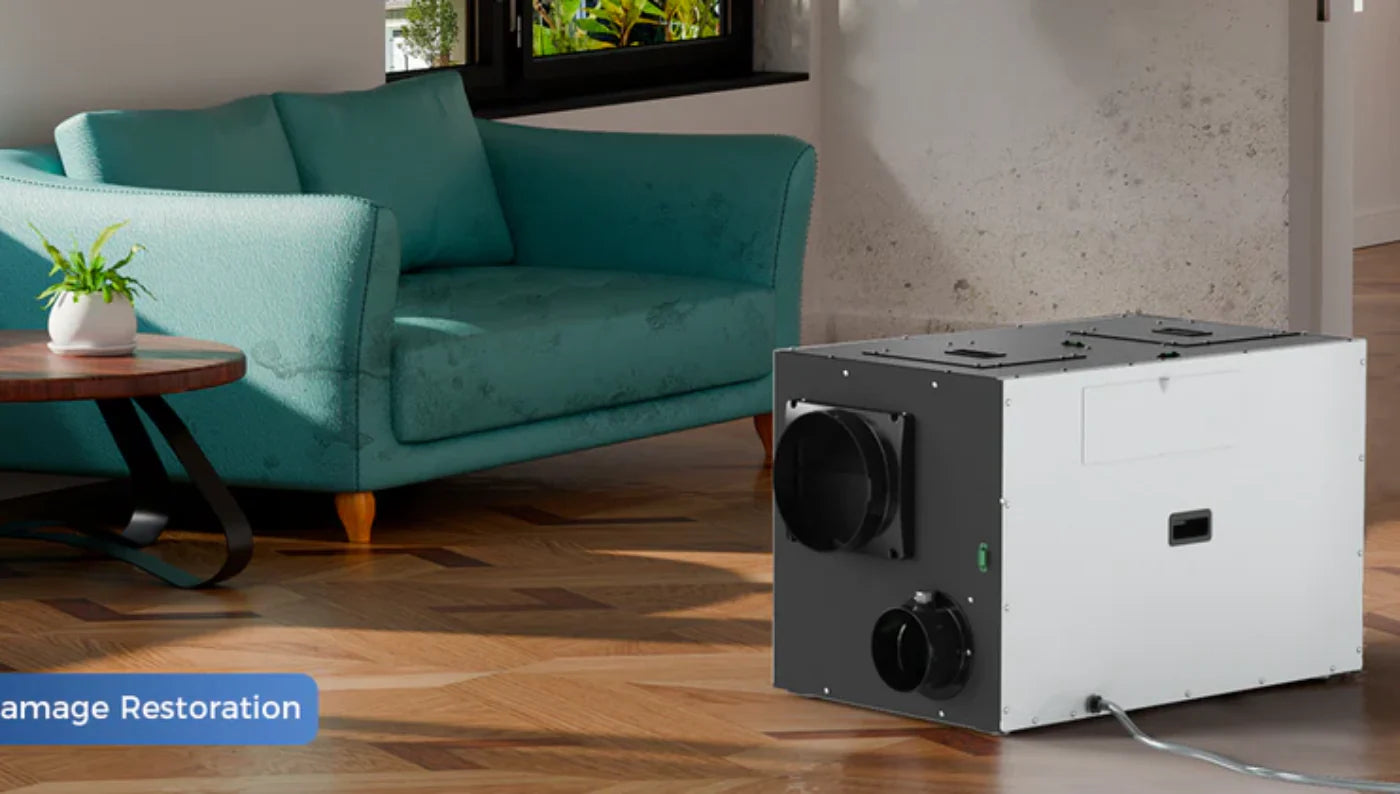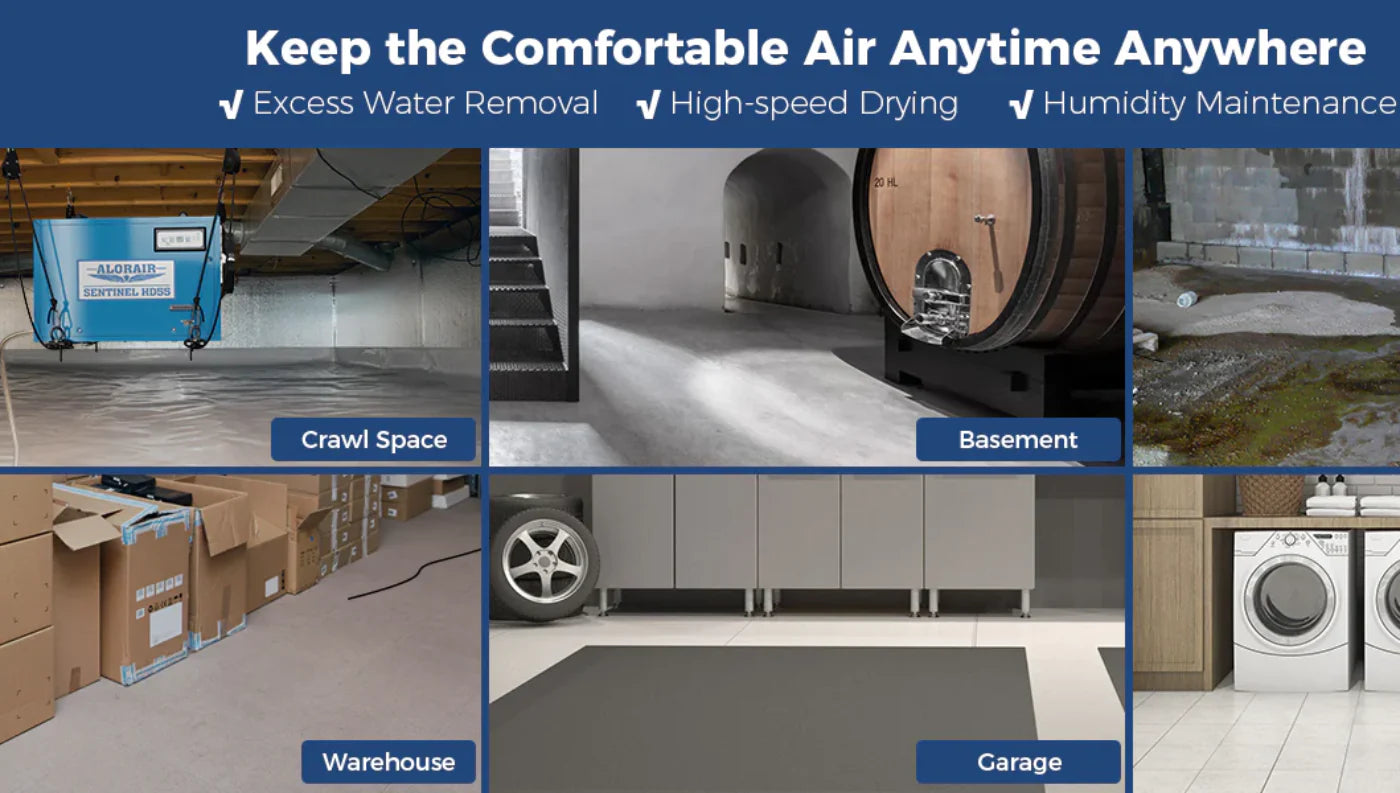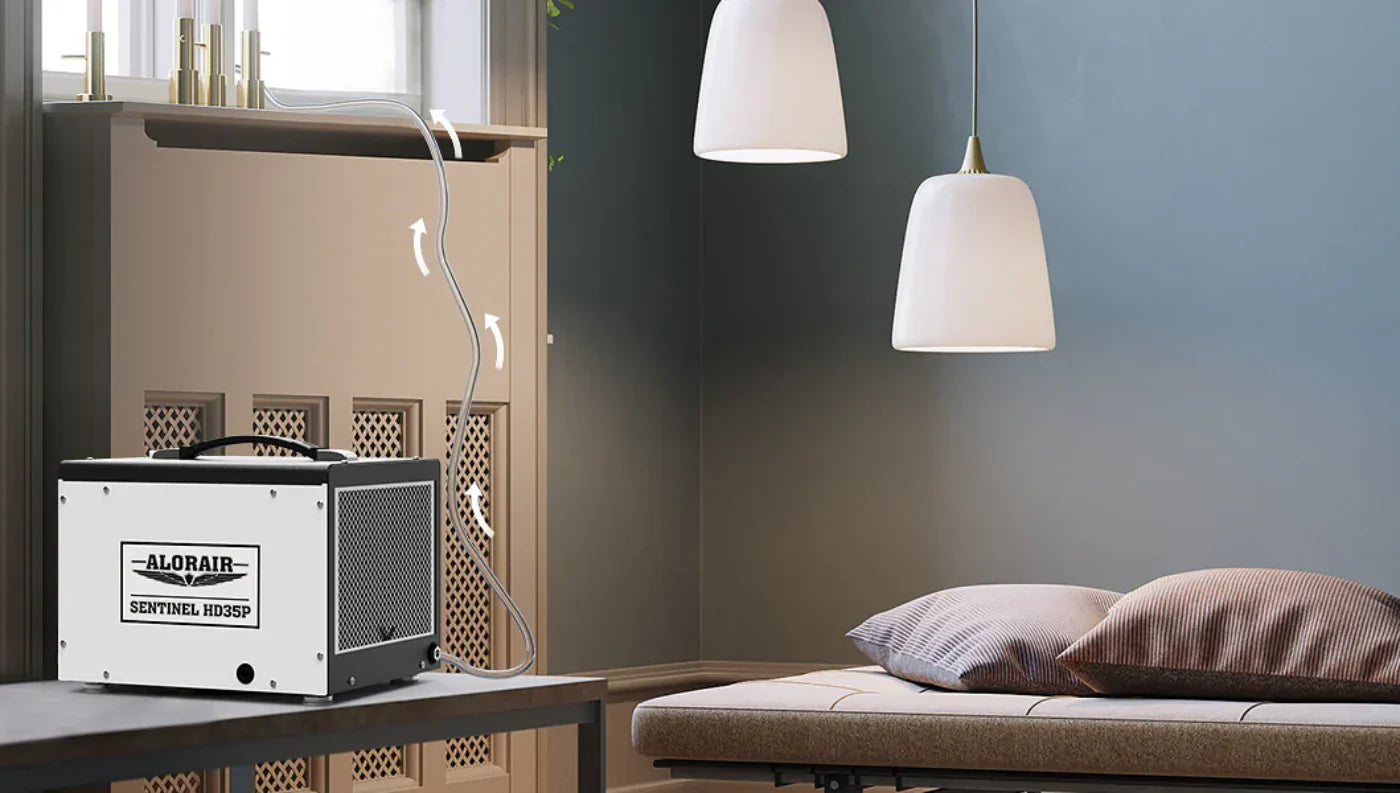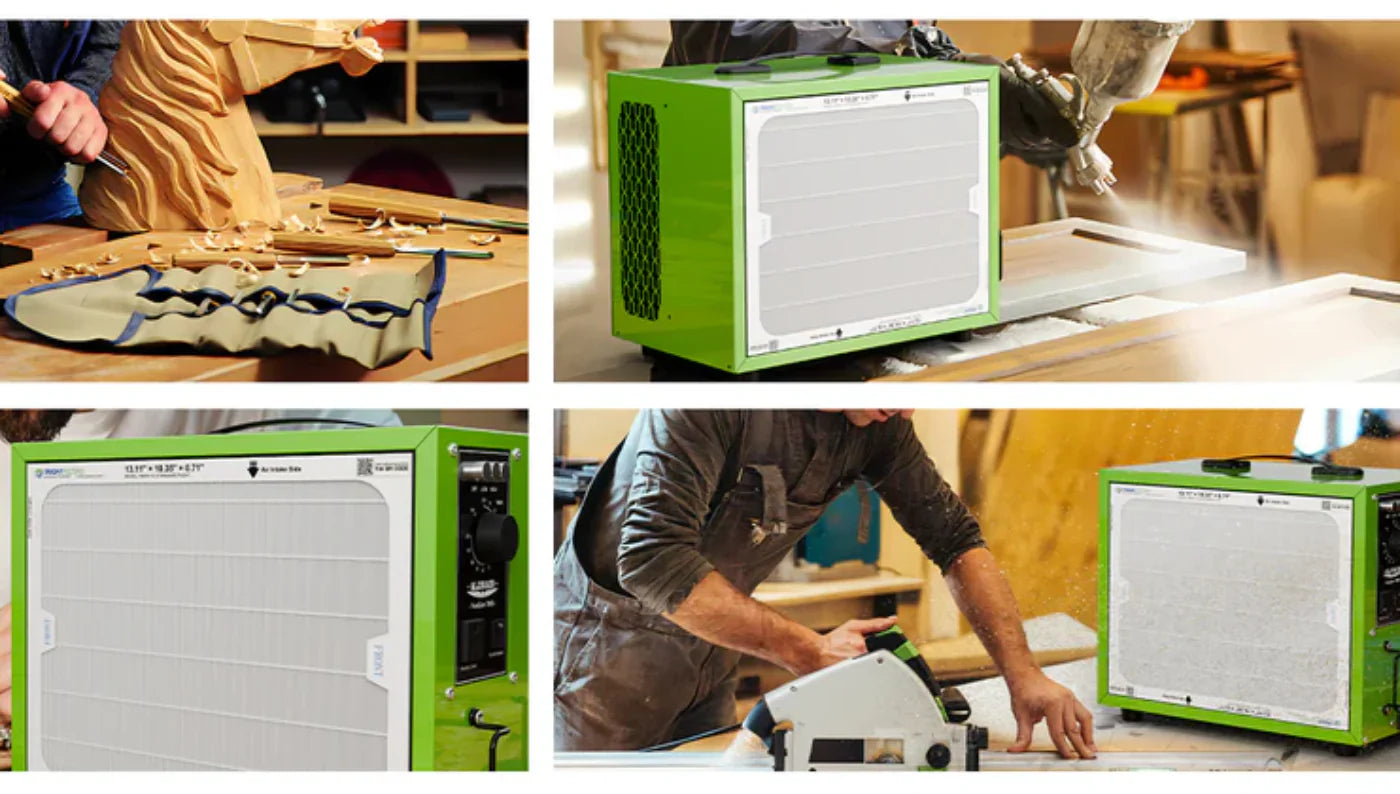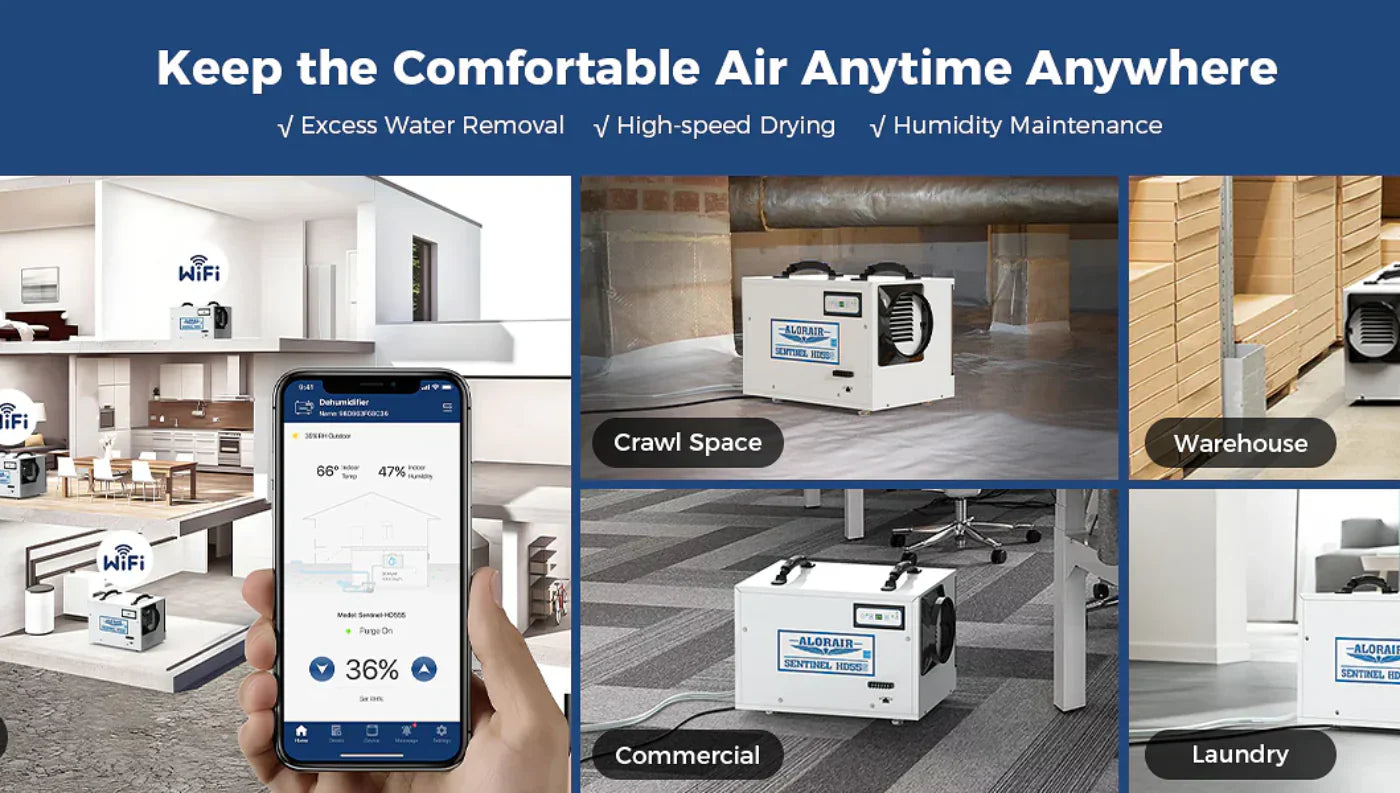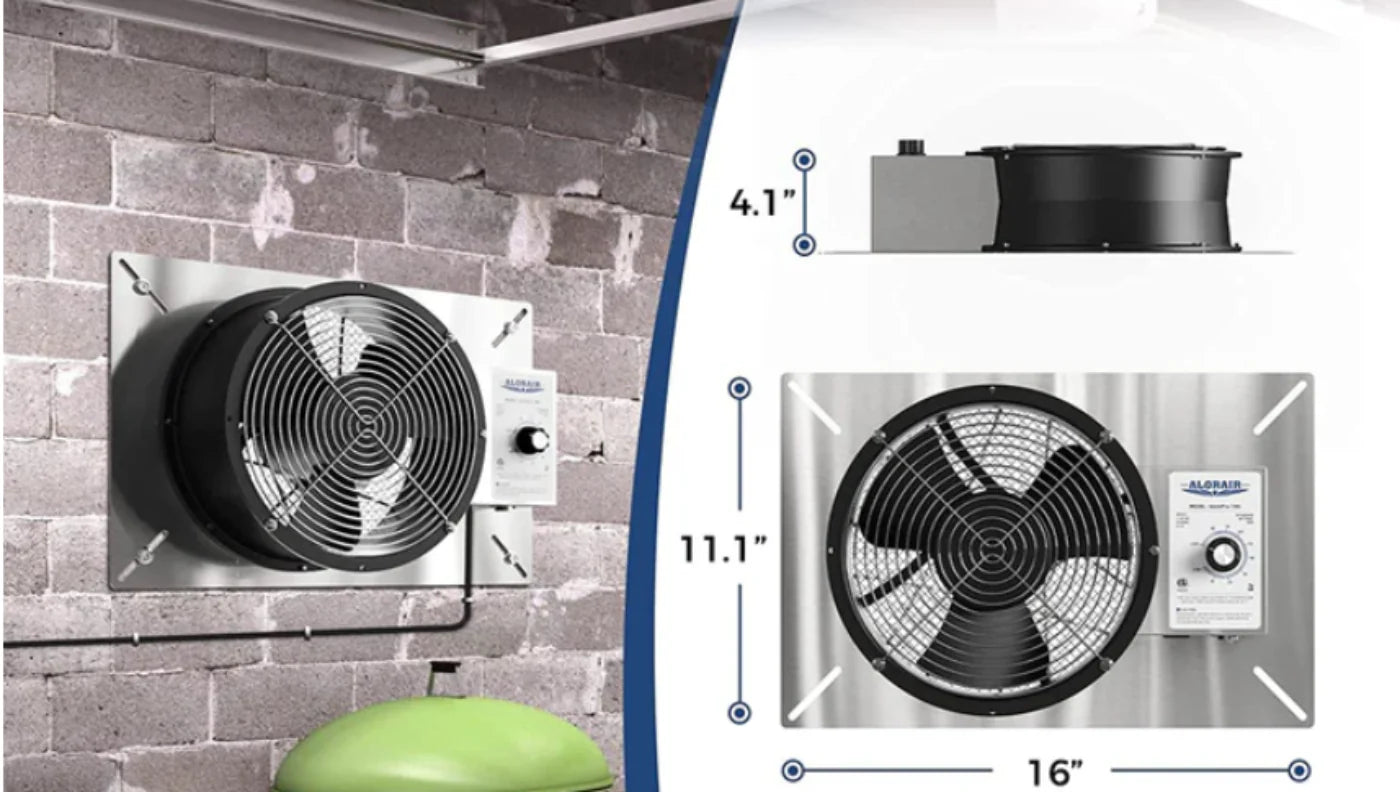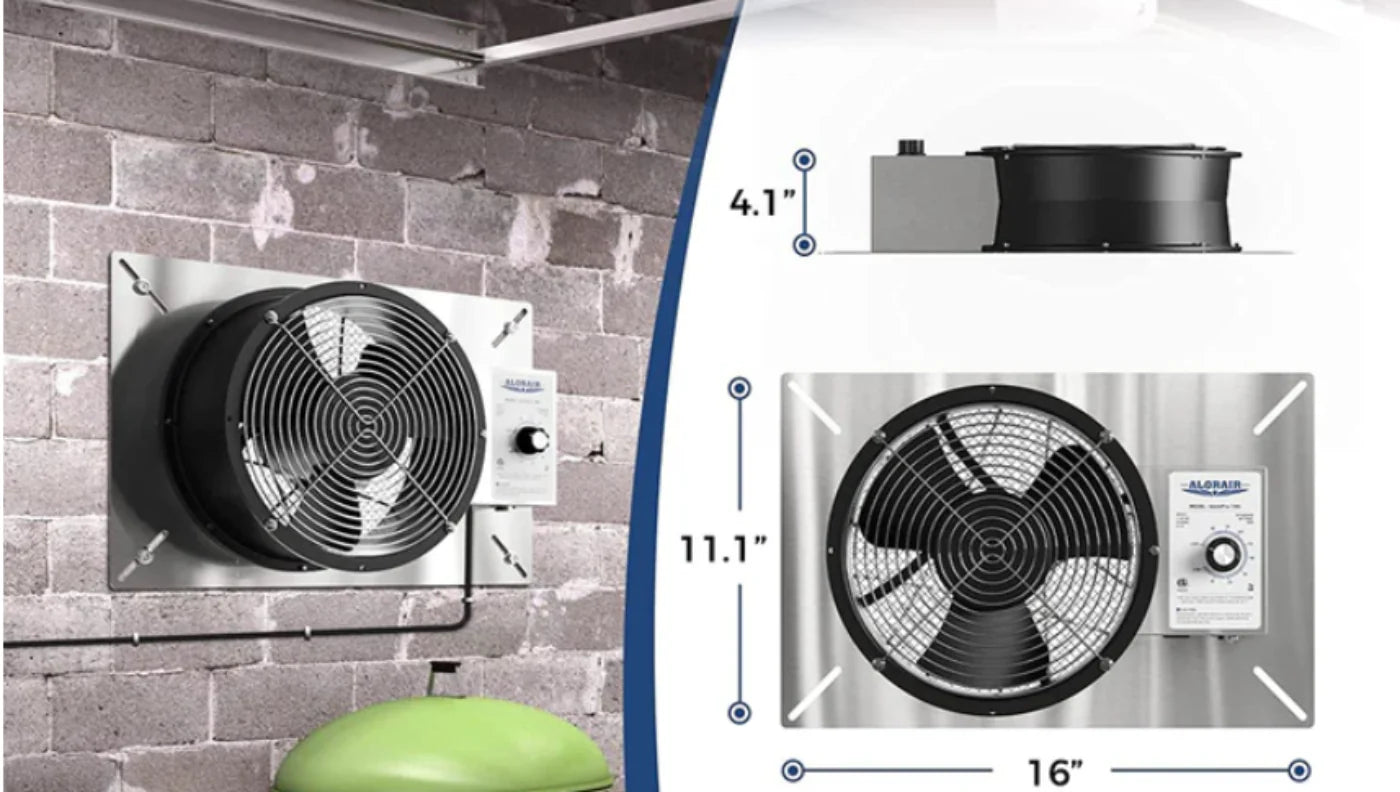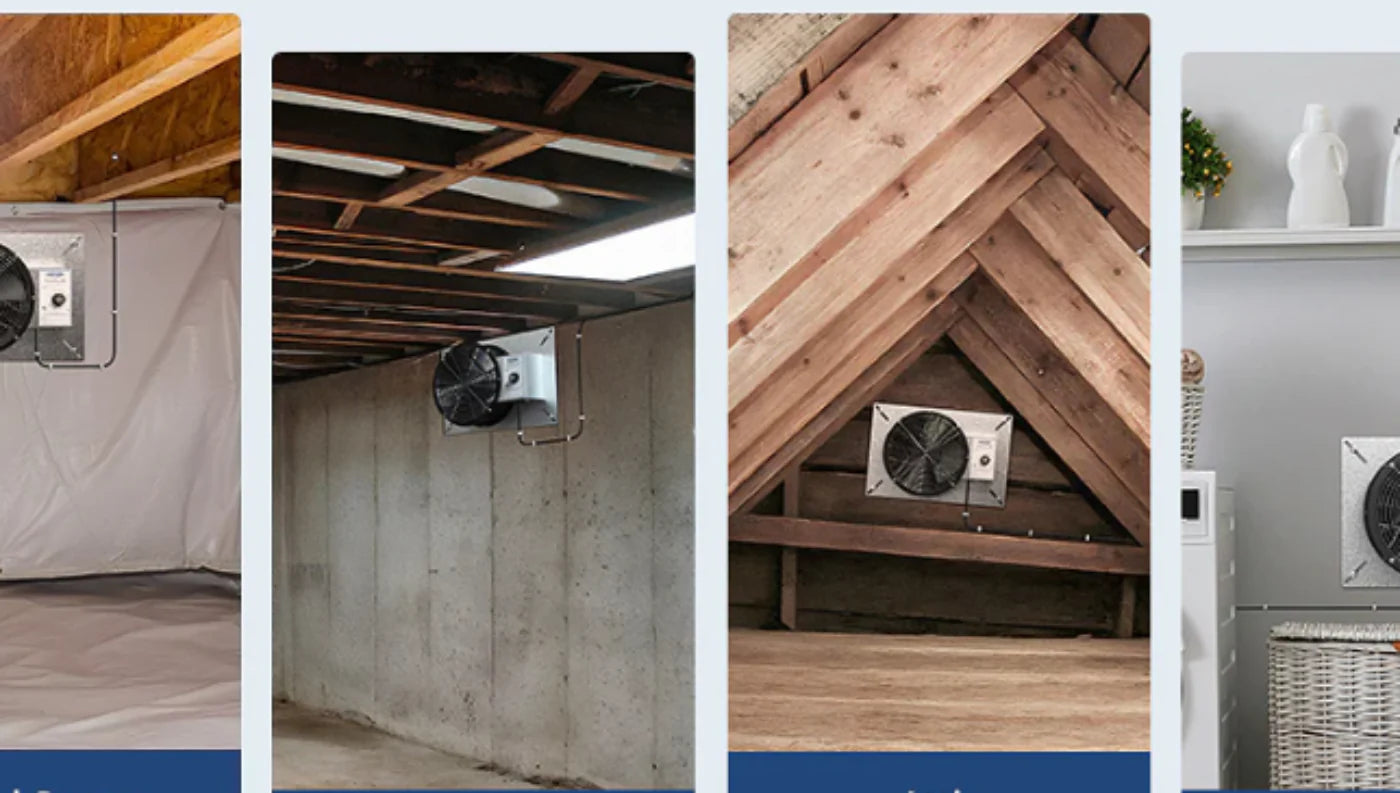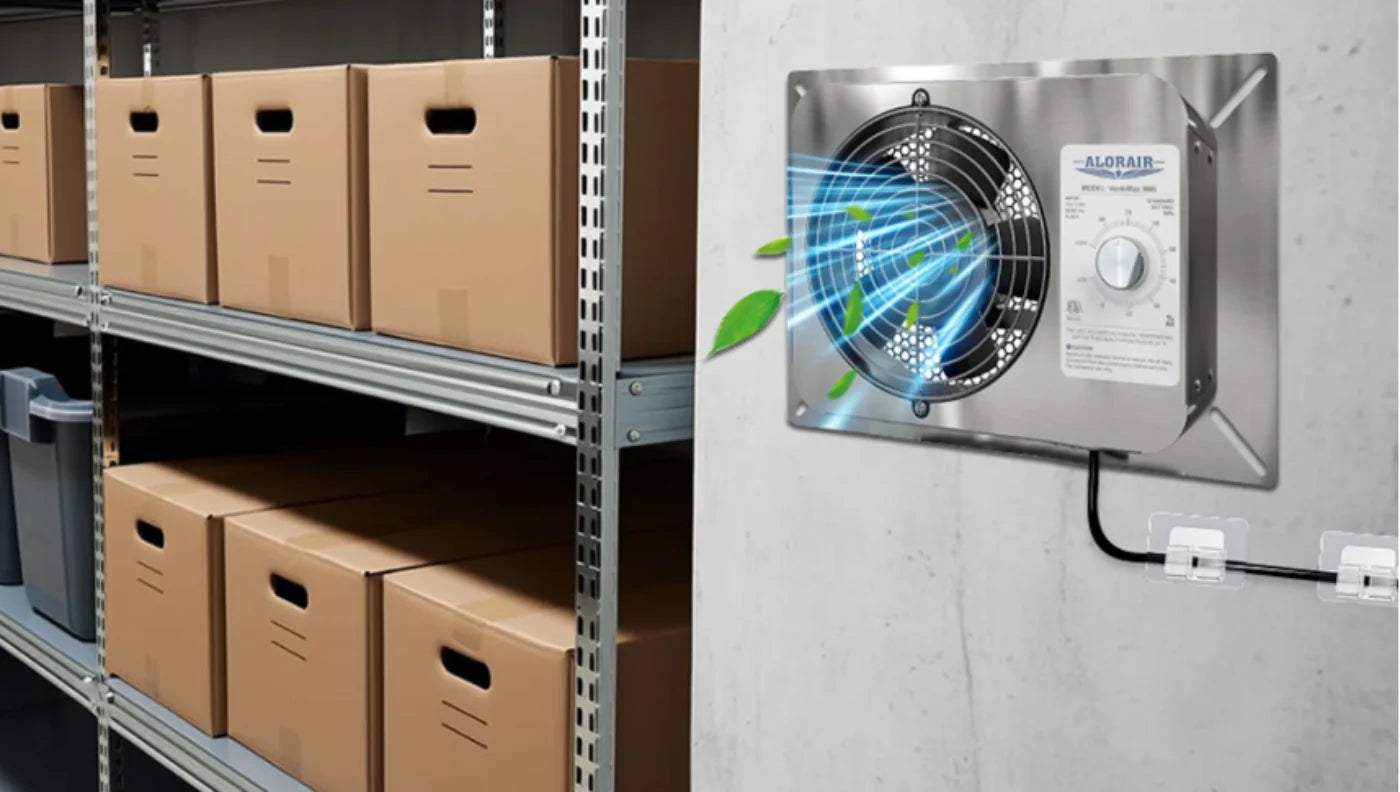Many people love camping. It is a great adventure that helps many associate with nature and enjoy fresh air. Besides, spending a night under the starry sky, nestled in the cozy tent, is magical.
However, even in the great outdoors, humidity can still ruin your comfortable camping experience.
In this blog, we'll explore the ideal humidity level for camping and look at the influence moisture has on your camping adventure.
We'll also discuss the benefits of incorporating dehumidifiers into your camping gear, making it a must-have for any camper seeking comfort.
Ideal Humidity Level for Camping
You have to pay close attention to the humidity level in and around your tent to truly enjoy your camping adventure. The ideal humidity level for camping typically falls within 40% to 60% relative humidity. This range ensures that the air inside your tent is neither too dry nor too damp.
Maintaining the right humidity level while camping is critical for several reasons. Firstly, it directly affects the quality of your sleep. Air that is too dry can lead to discomfort, while overly humid conditions can cause restlessness. Keeping humidity within the ideal range ensures a good night's sleep under the stars.
The Influence of Moisture on Camping
Now, let's consider the effects of moisture on camping.
Imagine you're resting in your tent on a chilly night, and you notice that the tent's interior is damp with condensation. This can be a common issue when camping in humid or cold conditions. Condensation can lead to discomfort as it dampens your sleeping bag, clothing, and other gear.
Furthermore, high humidity can have adverse effects on your health. It can contribute to breathing difficulties, especially if you have respiratory conditions.
Mold and mildew thrive in damp environments and can pose health risks, too.
Moisture can also damage your camping gear, reducing its lifespan and utility.
Benefits of Using Dehumidifiers in Tents

Now, to the heart of the matter: why should you consider using dehumidifiers in your tent? Well, because dehumidifiers can significantly enhance your camping experience.
Here is how they can enhance your camping experience:
1.Improved Sleep Quality: A dehumidifier helps maintain the ideal humidity level, ensuring a comfortable and dry sleeping environment. With a dehumidifier, you can say goodbye to that clammy feeling in your sleeping bag.
2.Reduced Condensation: Dehumidifiers reduce condensation inside your tent, keeping your gear dry and preventing moisture-related discomfort.
3.Prevention of Mold and Mildew: As you know, moisture can cause mold. Dehumidifiers play a vital role in inhibiting the growth of mold and mildew inside your tent. This safeguards your health and also protects your gear.
4.Enhanced Comfort: A dehumidifier improves your comfort while camping. For starters, your tent remains dry, your gear stays in top condition, and you can breathe easily.
Types of Dehumidifiers for Camping
There are several types of dehumidifiers you can pick for camping based on portability and camping purposes.
Desiccant Dehumidifiers: They feature a cartridge filled with highly absorbent materials like silica gel. They have a built-in fan that draws moisture from the tent's air, trapping it within the absorbent material.
Water Collecting Dehumidifiers: They are similar to desiccant dehumidifiers, but they use cooling coils to condense the vapor into a container.
Dehumidifier Bags: These are typically filled with silica gel or powder. They are the most budget-friendly option, but they may not offer the same performance as other types in a shorter time frame. However, they work well overnight.
How to Choose the Right Dehumidifier for Your Tent
Selecting the perfect dehumidifier for your camping tent is a crucial step in maintaining your desired humidity levels and preventing excess moisture. When making your choice, consider essential factors, including your tent's size, the humidity level you aim for, and the availability of a power source.
Tent Size
Dehumidifiers are rated based on the number of pints of moisture they can remove from the air within 24 hours. If you have a small tent, a dehumidifier with a lower pint rating may suffice. However, for larger tents, you may need one with a higher pint rating.
Dehumidifier Features
Different dehumidifiers offer various humidity settings. To select a dehumidifier with a setting that aligns with your needs, it's crucial you know the level of humidity you desire in your tent. This ensures you achieve your preferred humidity level without excessively drying the air, which can lead to other issues.
Power Source
You won’t find electricity on many camping grounds. Yet, electric dehumidifiers typically require an electrical outlet, while some models may need a generator or an alternative power source. Not the best for camping, isn’t it?
The good news is there are battery-powered and solar dehumidifiers, which are suitable for camping trips where electricity is unavailable.
Portability
Carrying a heavy dehumidifier to your camping site can be a hassle. So, we recommend you opt for a portable dehumidifier that's easy to transport.
There are several models with convenient handles and compact designs that won't weigh you down on your outdoor adventure.
The Bottom Line
Camping is all about connecting with the great outdoors, but you don’t have to compromise on comfort. Maintaining the correct humidity level in your tent is essential for a good night's sleep, health, and gear preservation.


